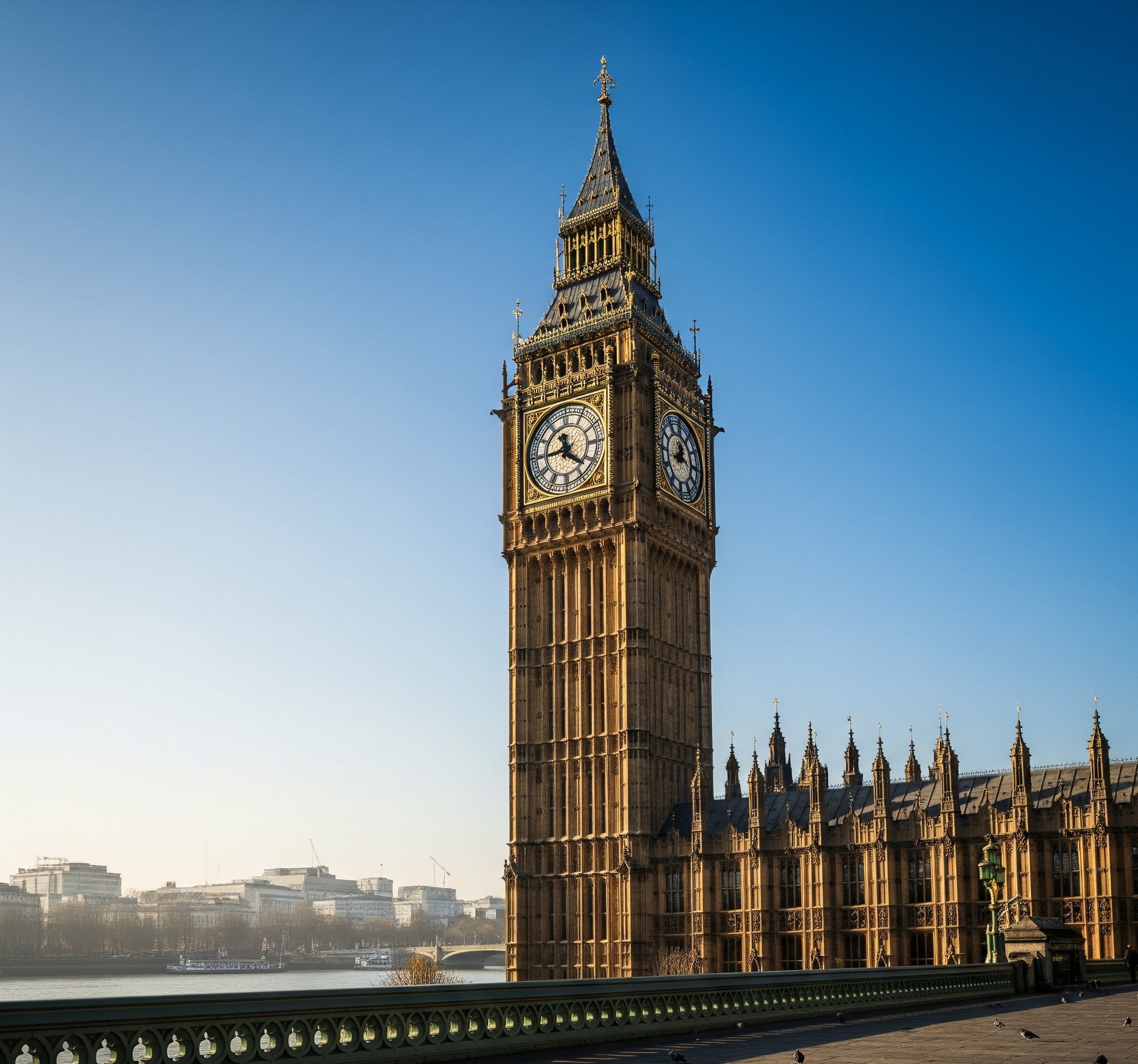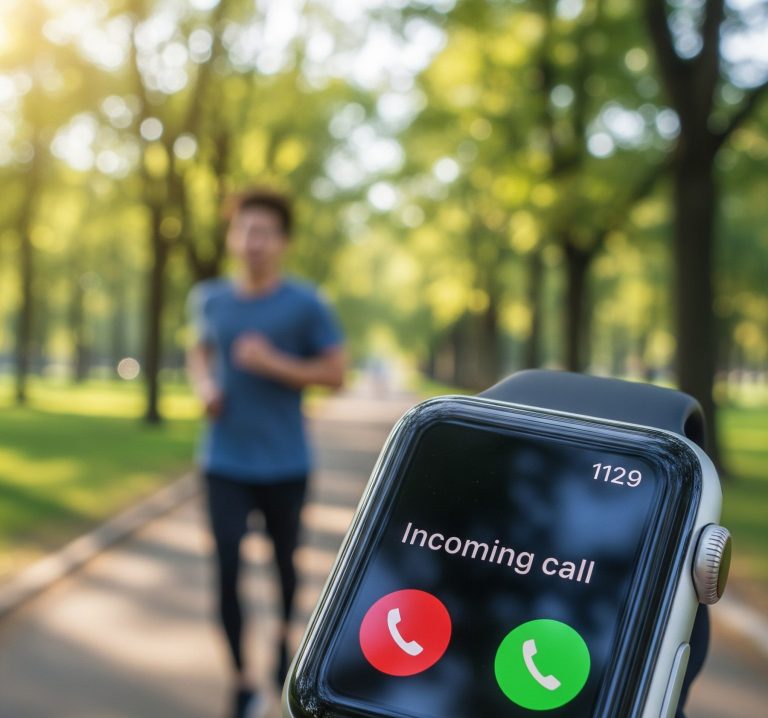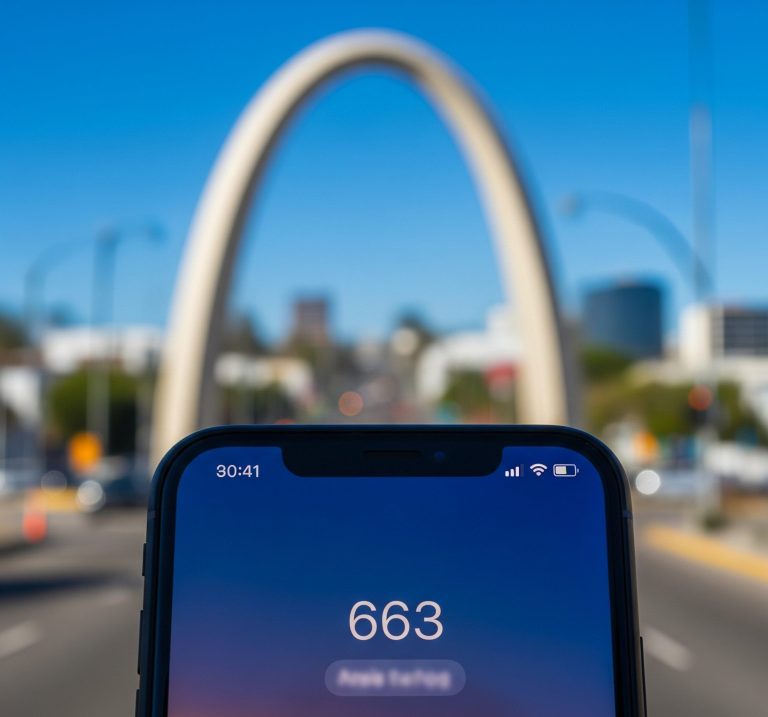In our increasingly interconnected world, understanding international dialing codes is essential, whether you’re connecting with loved ones abroad, conducting global business, or simply curious about the origin of an unfamiliar number. While many Americans are familiar with common country codes like +1 for North America or +44 for the United Kingdom, some codes, like the 077 country code, can be less intuitive. This article aims to shed light on this particular code, helping you navigate international calls with confidence.
Contents
What is a Country Code?
Before diving into the specifics of the 077 country code, let’s briefly review what country codes are. A country code, also known as an international dialing code, is a telephone dialing prefix that designates a specific country or group of countries for international telecommunication. When you make an international call, you typically dial an exit code (often ‘011’ from the U.S.), followed by the country code, then the area code (if applicable), and finally the local phone number.
These codes are part of a global numbering plan managed by the International Telecommunication Union (ITU), ensuring that every telephone number worldwide is unique and can be routed correctly.
The Mystery of the 077 Country Code: It’s More Complex Than You Think
Here’s where it gets interesting: there isn’t a single, universally recognized “country code 077” that applies to an entire nation. Unlike many other country codes that directly correspond to a single sovereign state, the sequence “077” can appear in different contexts within international dialing, often as a mobile prefix or a regional code within a larger country code. This can lead to some confusion for those expecting a straightforward country-to-code correlation.
This ambiguity highlights a key aspect of global telecommunications: not all numbering plans are structured identically. While some countries have distinct country codes, others, especially those that were once part of larger political or telecommunications blocs, might share country codes or have internal prefixes that resemble what one might mistake for an independent country code.
Where You Might Encounter “077”
So, if 077 country code isn’t a standalone country code, where might you see it?
Mobile Prefixes within Existing Country Codes
One of the most common scenarios where “077” appears is as a mobile network prefix within a country’s established dialing plan. For instance, in the United Kingdom, mobile numbers typically begin with “07” followed by a series of digits, where “077” is a common starting sequence for cell phone numbers. When dialing from outside the UK, you would drop the leading “0” and use the UK’s country code, which is +44. So, a UK mobile number starting with 077 would become +44 77 [rest of the number] when dialed internationally.
Similarly, other countries, particularly those with a history of mobile network expansion, might utilize “077” as a significant portion of their mobile numbering scheme. This means that if you receive a call from a number starting with +[Country Code] 77X XXX XXX, the “77” isn’t the country code itself, but rather an indicator of a mobile number within that country.

Regional or Specific Service Codes
In some rare instances, “077” might also serve as a regional area code within a country that has a more complex internal numbering system. This is less common for a prefix like “077” to be a primary country code, but it’s important to be aware that some countries use two- or three-digit prefixes internally that, when combined with their international country code, form the complete dialing string.
For example, in countries like Yemen, “77” and “78” are used as codes for the mobile network Yemen Mobile. So, while the country code for Yemen is +967, a mobile number might look like +967 77X XXX XXX.
Making an International Call to a “077” Number
If you’re an American trying to call a number that seems to incorporate the 077 country code, here’s a general approach:
- Identify the actual country code: The crucial first step is to determine the actual country code associated with the number you’re trying to reach. If you only have a number that starts with “077,” it’s highly likely that this “077” is a mobile prefix, and you’ll need the larger country code it belongs to.
- Use an online resource: Websites that list international dialing codes are invaluable. If you have the full number, including any leading “0”s, enter it into a reputable international dialing code lookup tool. This will typically tell you the full country code and the region or network it belongs to.
- Dial the U.S. exit code: From the United States, the standard international dialing prefix is “011”.
- Dial the country code: After “011”, dial the correct country code.
- Drop any leading zeros for mobile numbers: If the “077” is a mobile prefix, you almost always drop the leading “0” of the mobile prefix when dialing internationally. So, if the number in the foreign country is formatted as 077 XXX XXXX, and the country code is +XX, you would dial 011 XX 77 XXX XXXX.
- Dial the rest of the number: Finally, dial the remaining digits of the phone number.
Example: If you’re calling a UK mobile number that is displayed as 07712 345678, you would typically dial: 011 (U.S. exit code) + 44 (UK country code) + 7712 345678 (the rest of the mobile number, without the leading zero).
Conclusion
While the concept of a standalone 077 country code might initially be misleading, understanding its common role as a mobile network prefix within larger country codes is key to successful international communication. By utilizing reliable online resources and following the correct dialing sequence, Americans can confidently connect with contacts around the globe, regardless of how their phone numbers are formatted domestically. Always double-check the complete international dialing format for any unfamiliar number to ensure your call reaches its intended destination.







